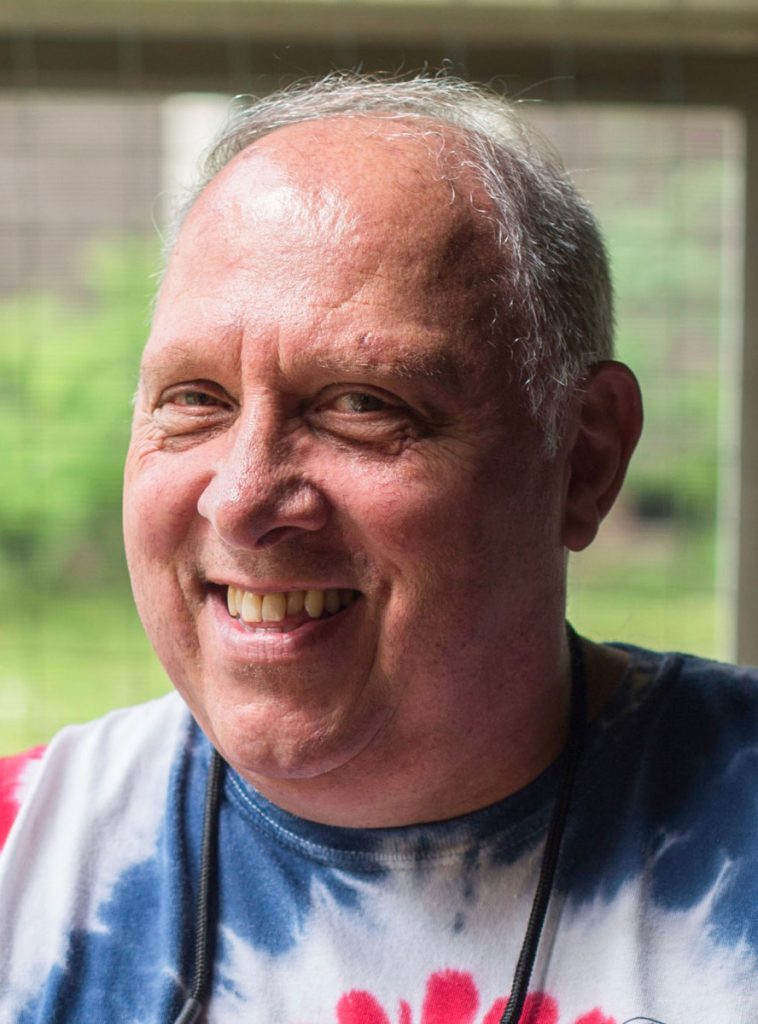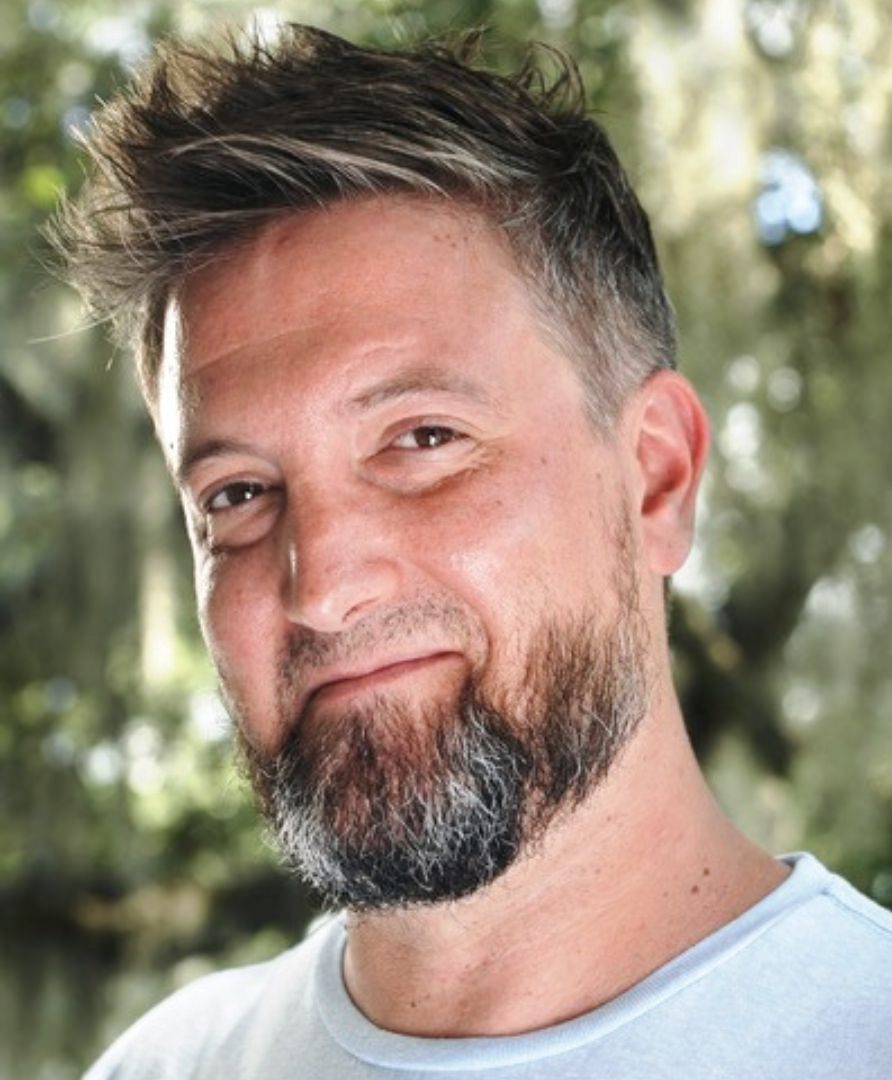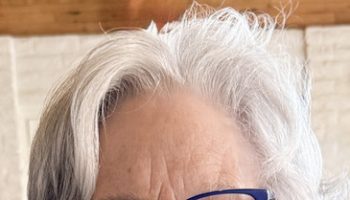

The U.S. National Institute of Mental Health defines Autism Spectrum Disorder as “a neurological and developmental disorder that affects how people interact with others, communicate, learn, and behave.”
Many historians, psychologists and educators regard ASD quite differently. Instead of seeing it as a disorder, or a disability, or even a disease, they contend that throughout history it has enabled astonishing accomplishments.
“Autism … is a different way of approaching the world,” said Francis Rutledge Hammes. “It comes with its challenges and struggles, yes. Sometimes, many … hurdles that need professional help to overcome. But autism is the booster rocket of society, the compass alignment of progress, and the essential answers to so much of our human hope.”
At 9:15 a.m. Tuesday at the Chautauqua Women’s Club House, Hammes and Kit Trapasso will give a presentation for the Chautauqua Speaks series, titled, “The Spectrum as Light: Championing Autistic People.”
For over 40 years, Trapasso has led Chautauqua Children’s School as its director. During the academic year, he serves Orleans County, New York (situated between Buffalo and Rochester), as a counselor / behavioral consultant.
During the past 30 years, he has worked in a variety of specialist positions — including as school psychologist, counselor, behavioral consultant and parent trainer — at public schools in Indiana, Pennsylvania, Texas, California, and New York.
Trapasso has earned a Bachelor of Arts in psychology and a Master of Science in school psychometry. At the University of Pittsburgh, he earned an M.S. in special education and completed the requirements for a doctorate in that field, dissertation excepted.
Currently, Hammes serves as director of the award-winning, nationally recognized Creative Writing Program at Charleston County (South Carolina) School of the Arts, a magnet public school. SOA Creative Writing encompasses poetry, fiction, nonfiction and scriptwriting.
Having earned his Master of Fine Arts in fiction from Old Dominion University, Hammes also teaches gifted and talented middle and high school students in grades six through twelve. He said that about 10 percent of them are on the spectrum, as are he and his son.
Each weekday for seven years, he sees the 118 students in his writing program for one-and-a-half hours, and during their final year he oversees their published senior theses.
Named “The Best Up-and-Coming Writer in Charleston, South Carolina” in 2011, and the recipient of the 2019 South Carolina Arts Commission Fellowship for prose, Hammes has seen more than 30 of his own short stories, essays, and poems published.
For instance, his poem in The New Verse News — “Explaining Away a September Day” — was nominated for the 2013 Pushcart Prize honoring the “best of the small presses.” “Olives” was featured in the University of Central Florida’s annual literary and visual arts magazine, The Cypress Dome, and won The Cypress Dome Fiction Award in 2000.
Hammes’ first novel is A Curious Matter of Men with Wings. It won the 2019 Kindle Award for Literary Fiction. Because he has “long believed that magic is at the heart of Charleston, … magic (is) at the heart of” this Charleston-based novel.
Hammes said that he and Trapasso will begin their talk with “what autism is and isn’t.”
“I’m going to walk (Chautauquans) through the history of autism and how misunderstandings have happened,” he said. “Then I’ll talk about where we are right now and breakthroughs (in brain research about ASD) in the past five years.”
He continued, “The brain is a guessing machine; it’s a lot about context. I’ll explain why context can be difficult in an autism brain.”
Trapasso said that he will “occasionally interrupt along the way within the context of ability and disability.” The latter includes the practice of “labeling” children in order to provide them with the help they need.
In so doing, he will give a brief overview of education-related “supports” provided by the U.S. Congress beginning in the 1950s, particularly PL 94-142 — the Education for All Handicapped Children Act of 1975.
Then “it was officially on the books that every child from the age of 6 to 18 was eligible for public education,” Trapasso said. Because “handicapped children” were physically inside a school building, however, did not necessarily mean that the school had the intention or capacity to work with them.
“I cut my teeth as a teacher on autism,” Hammes said. “I train teachers about autism. I want people to see that it’s not the end of the world.”
In fact, societies worldwide have been substantially enriched by people with ASD.
That bodes well for the United States, since according to Hammes, the Centers for Disease Control and Prevention estimates that “one in 36 kids is on the spectrum.”
“We are a society built of many individuals,” Trapasso said. “We say that we’re all different. But do we really understand what ‘difference’ is? How do we function to learn? And how do we relate to others?”
And, do societies – perhaps local communities especially – really comprehend what “diversity” and “inclusivity” are? For instance, Hammes said, “We (have conversations) about ‘diversity’ without including neuro-diversity.” “We are all different,” Trapasso said. “Accepting that is (key). How we process, how we interpret, what we understand, what we internalize, how we emote — all of this is huge.”
Because he believes “that it is vastly important for any minority group to have a history,” Hammes has been putting together a list of “Famous People with Autism throughout History.”
At the CWC House, he will happily share some of the most well-known names on it.




